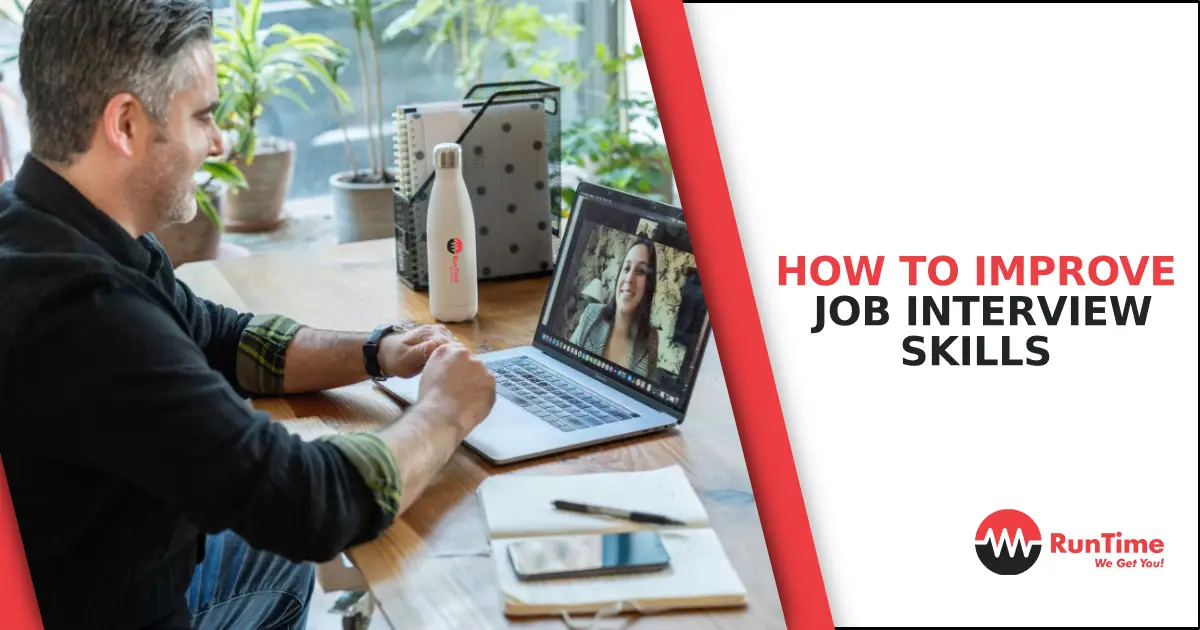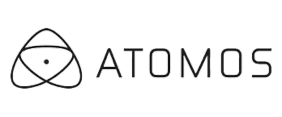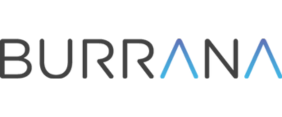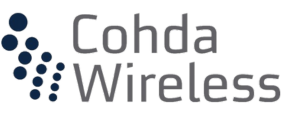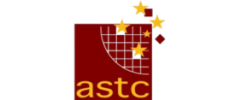Looking for tips on how to improve interview skills for engineering jobs? We’ve got you covered. Interviews in the engineering field require specific skills. Getting a great engineering job can be exciting but nerve-wracking. Effective communication is crucial.
This guide is for engineering job seekers, offering simple and practical strategies to enhance your interview skills and help you stand out.
Deciphering the Interview Format
As an engineering candidate, it’s essential to grasp the nuances of different interview formats. These can include one-on-one interviews, panel discussions, phone or video interviews, and even technical assessments. Knowing what to expect is your initial stepping stone.
Investigate the Interviewer and Organization
Prior to the interview, delve into the background of the interviewer(s) and the company itself. Scrutinize their professional profiles, understand the organization’s mission and values, and familiarize yourself with their recent engineering projects and accomplishments. This knowledge is invaluable for crafting your responses to align with their expectations and objectives.
Engineer Your Resume or Portfolio
For a job interview in the engineering field, your resume or portfolio should be a reflection of your technical prowess. Ensure it’s up to date, and highlight your key engineering accomplishments and experience relevant to the specific role you’re pursuing. Be prepared to discuss your achievements in intricate detail.
Calculated Response Practice
Compile a list of typical engineering interview questions and systematically practice your responses. You should be prepared to discuss your technical strengths, areas for development, past engineering projects, and how you’ve surmounted technical challenges. Utilize the STAR (Situation, Task, Action, Result) method for answering behavioral questions; it provides structured and concise responses.
Crafting Your 30-Second Elevator Pitch
Engineers often deal with complex problems, so distill your qualifications and what makes you an ideal engineering candidate into a succinct 30-second elevator pitch. This will serve as a compelling opening statement during the interview.
Engineering Attire
Choose your attire based on the company’s culture and the interview format. When in doubt, lean towards slightly overdressed rather than underdressed. Dressing professionally will create a strong initial impression.
Non-Verbal Communication
Your body language speaks volumes in an engineering interview. Maintain consistent eye contact, offer a firm handshake, and sit upright to exude confidence and professionalism. Minimize fidgeting and excessive gestures, as these can be distracting.
Simulate Real Interviews
Engage in mock interviews with a friend or family member who can emulate the role of the interviewer. This experience will help you become comfortable answering engineering-related questions under pressure. Solicit constructive feedback to refine your performance.
Managing Engineering Interview Jitters
Interview nervousness is common, but engineers excel at problem-solving. To mitigate anxiety, practice deep breathing exercises, meditation, or visualization techniques. Focus on maintaining a composed and confident demeanor throughout the interview.
Engineering-Specific Questions
Always have a set of thoughtful, engineering-related questions ready for the interviewer. This demonstrates your keen interest in the engineering role and enables you to assess whether the organization aligns with your aspirations.
Punctuality Is Precision
Punctuality is a hallmark of engineering discipline. Plan your route to the interview site, accounting for potential traffic or delays. Arriving on time or a few minutes early demonstrates your reliability and precision.
Post-Interview Follow-Up
After the interview, write a thank-you or follow-up email or note to convey your appreciation for the opportunity and reaffirm your enthusiasm for the engineering position. This is also an opportunity to address any engineering specifics that may have been overlooked during the interview.
Learning from Engineer-to-Engineer Feedback
In the event of an unsuccessful interview, don’t hesitate to request feedback from the interviewer or seek guidance from engineering mentors. Use this feedback as a catalyst for refining your skills and enhancing your prospects in future interviews.
Continuous Engineering Improvement
The world of engineering is ever-evolving, and so should your interview skills. Continue to practice, refine your responses, and stay updated with the latest industry trends. Consider enrolling in interview coaching or engineering skills development programs to further augment your capabilities.
Further Reading:
Conclusion
Improving interview skills is a vital investment in your engineering career. Diligent preparation and practice can bolster your confidence, impress interviewers, and pave the way for a rewarding engineering position. Remember that interviews are not just about showcasing your qualifications but also demonstrating your suitability for the engineering role. Tailor your approach accordingly, and let your engineering prowess shine. Best of luck in your engineering endeavors!
Make Your Dream Engineering Job a Reality with RunTime
Our expert team of engineers-turned-recruiters offers in-depth knowledge of technical recruiting in the engineering industry and is dedicated to providing you with invaluable guidance and support throughout your job search journey.
If you’re a highly skilled engineer seeking new opportunities, explore job vacancies on RunTime Recruitment’s job site.

